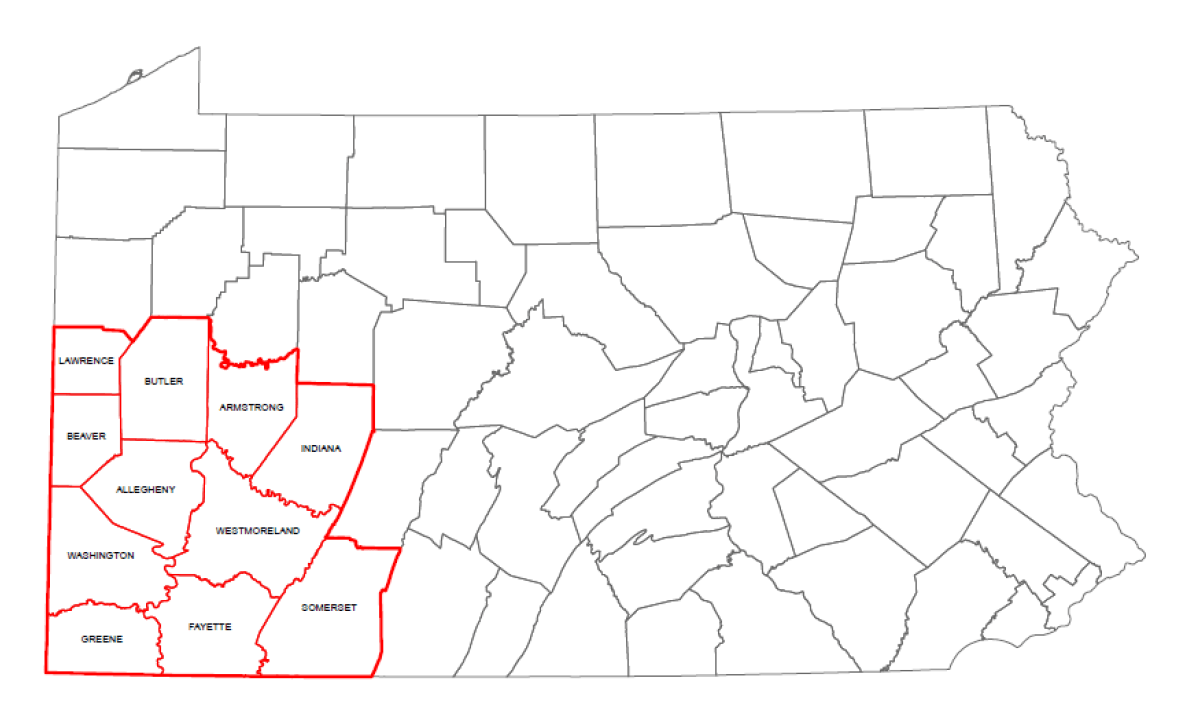Federal Trade Zone #33
Unlock Your Global Advantage with Foreign Trade Zone #33
FTZ #33 offers businesses throughout southwestern Pennsylvania a powerful incentive to compete and grow in today’s global economy. As part of the U.S. Foreign Trade Zone program, FTZ #33 provides manufacturers, distributors and logistics companies the strategic benefits that reduce costs, streamline operations and improve global competitiveness.
Why FTZ #33?
Located in a region with robust multimodal transportation – including access to rail, river, highway and air – FTZ #33 supports a diverse range of industries, from advanced manufacturing and energy to life sciences and logistics.

FTZ #33 offers cost savings and flexibility benefits including:
FAQs
What is a Foreign Trade Zone?
What are the advantages of using a Foreign Trade Zone?
• Duties and taxes apply only when goods enter U.S. commerce.
• Goods can be exported from the zone without duty or tax. Merchandise may stay in a zone indefinitely and benefit from CBP protection against theft.
• Duty rates may vary based on zone operations, allowing users to choose the lower rate – on either raw materials or finished goods.
• Items imported under bond may enter a zone to meet federal or state export requirements, including those under the Tariff Act of 1930 or similar laws.
Who can use a Foreign Trade Zone?
Who oversees FTZ #33?
Can airlines or handling agents operate their own FTZ site?
Can air cargo be moved directly into FTZ #33 from aircraft?
Is an FTZ right for my operations?
Things to consider when applying for an FTZ:
• Do you have a high volume of entries into the US?
• Do you have large Customs duty payments?
• Have you experienced delays in receiving shipments through Customs?
• Do you pay more than $485 in weekly entry fees?
• Do you apply for duty drawback?
• Do you scrap, waste, destroy or reject some of your imports?
• Costs to consider in your evaluation:
o FTZ Board Fees
o Grantee Fees
o Consultant Fees
o Operator’s Bond Fee
o Security
o Software
o Training
How can I apply for FTZ designation?
Interested companies can apply for FTZ #33 designation through [email protected] and work with U.S. Customs and Border Protection for approval.
How can I learn more about FTZ #33?
For additional information, contact Jeni Cooper at 412-315-6442 or [email protected]